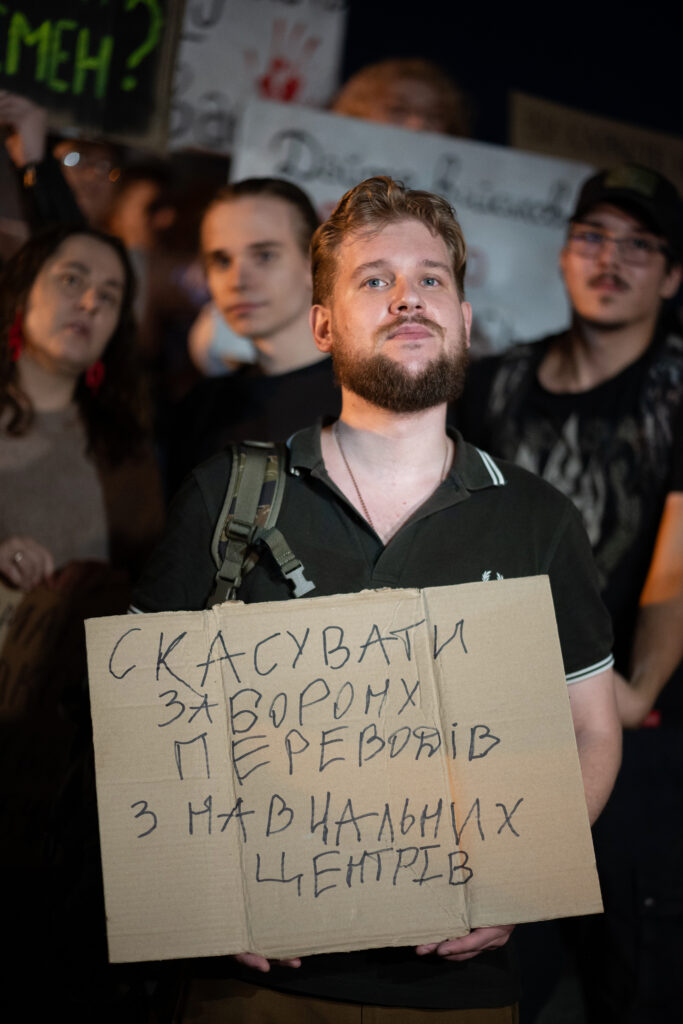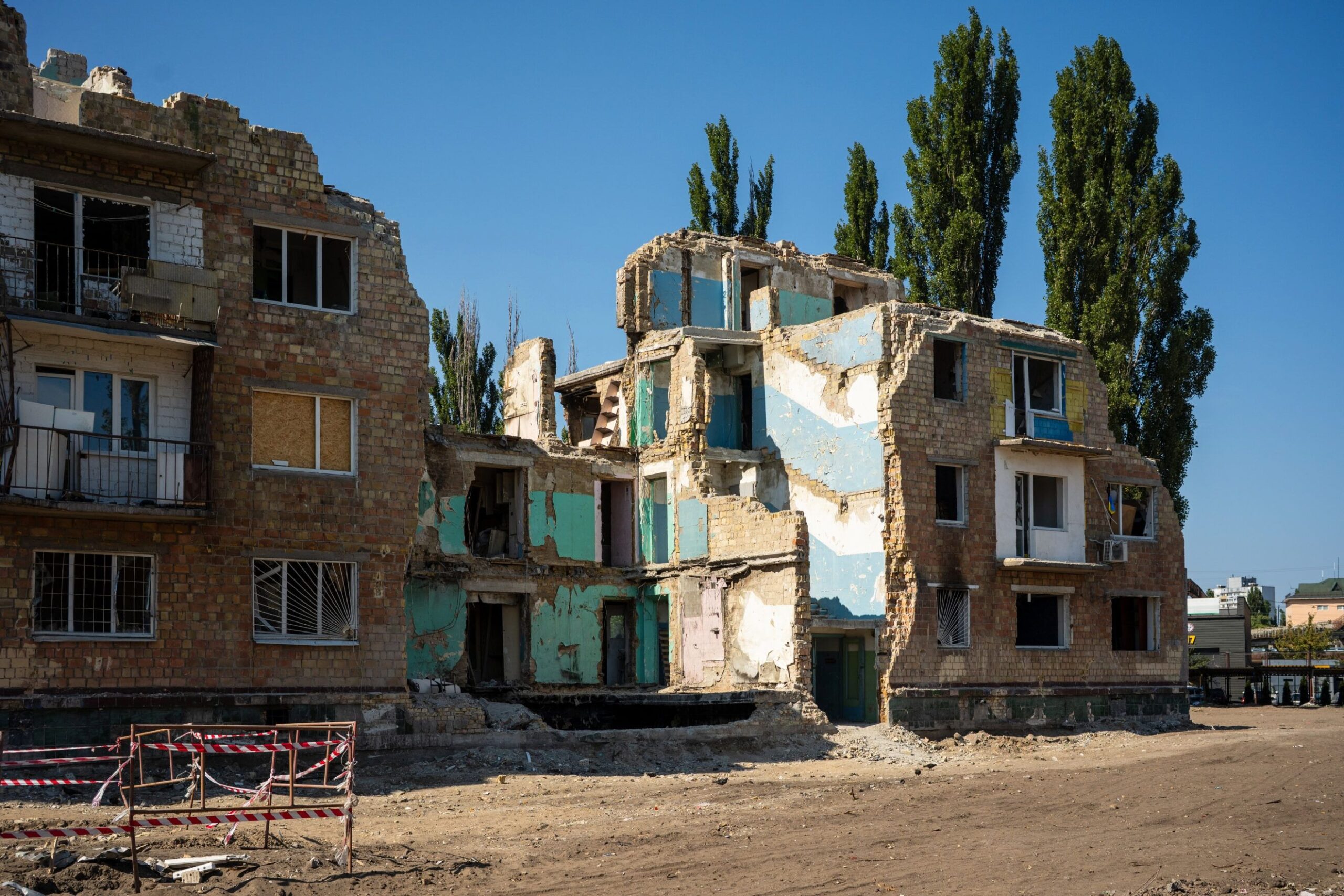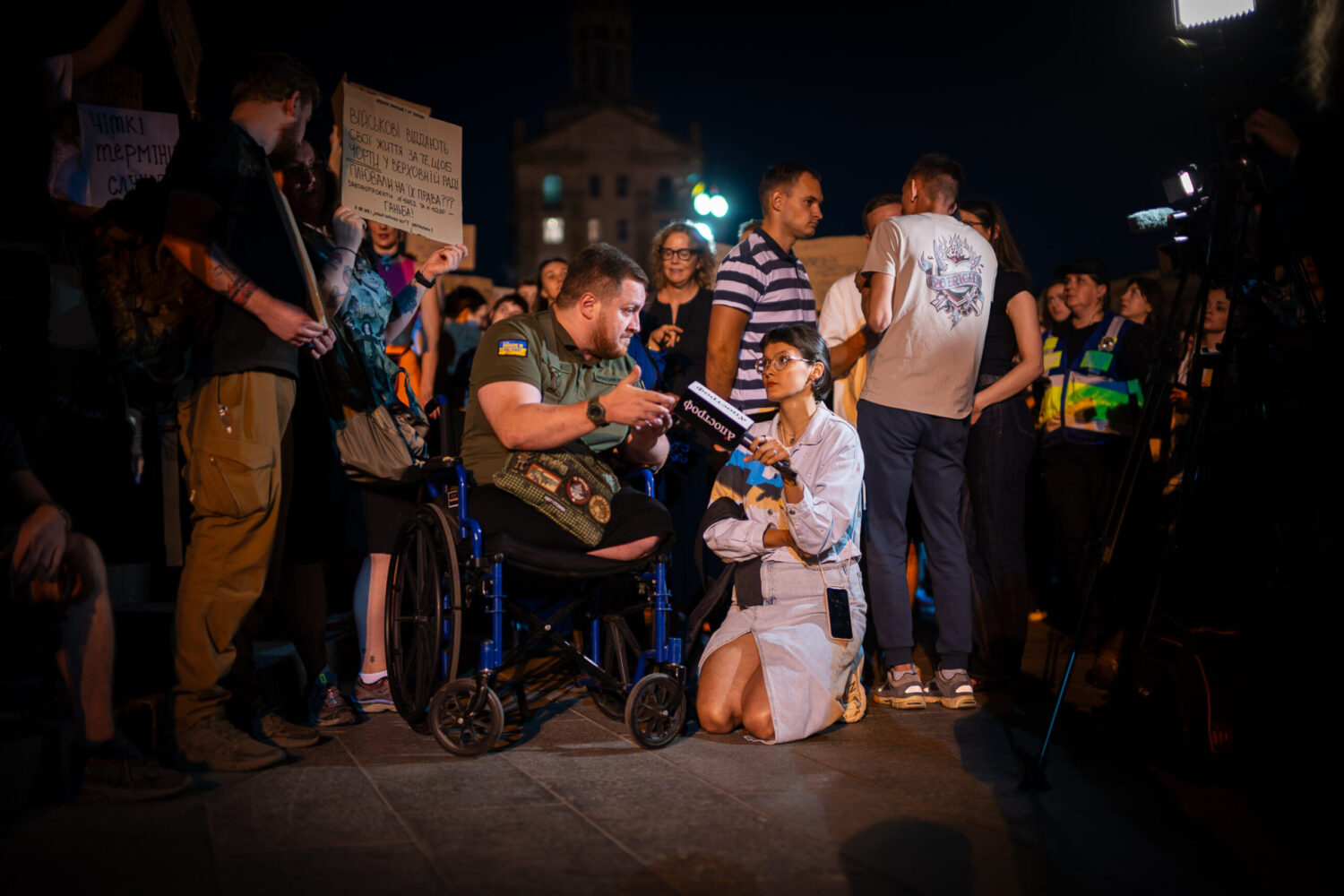Under constant Russian attacks, Kyiv continues to live under sirens, drone strikes, and missile fire more than three years after the full-scale invasion began. But as Politico reports from the Ukrainian capital, a deeper fear is spreading — that Europe "is tired, turning its attention away from the war." While political leaders still pledge support, the public mood across the EU appears to be shifting. For many Ukrainians, the war is still everywhere — but "public enthusiasm in parts of Europe falters."
Drones in the sky, silence at the borders
Life in Kyiv balances on a thin line between normalcy and survival. Cafés and theaters stay open, children begin the school year in shelters, and families sleep in hallways away from windows. But as Politico notes, the psychological toll grows.
“Whenever I hear that noise, I cringe,” says Oleksandra Avramenko about motorcycles on Kyiv’s roads, which sound like incoming Russian drones.
Now living in Northern Europe, she travels home often — and each return through Poland feels more hostile. Border guards question and check travelers more aggressively.
“Back then, people opened their homes. Today, the questions are sharper,” she tells Politico.
Meanwhile, in Poland, public support for Ukraine’s EU bid has dropped to 35%. More than half of Poles say they want the war to end, even if Ukraine loses territory.
A protest in the heart of the capital
On Maidan Square, Politico witnesses a rare protest under martial law. Dozens call for better conditions for soldiers and the appointment of a military ombudsman. Bohdan Fomin, a 30-year-old soldier from now occupied Mariupol, holds a sign and says:
“If Ukraine is forced to cede territory, I will have no home to return to,” he says, insisting the demonstration is not against the government.

Ukraine’s culture refuses to disappear
In a bar across town, artist Lina Romanukha scrolls through collages and drawings she posted during the war.

Politico says she curated an exhibition digitizing monuments from occupied territories — including Crimea and Mariupol — pairing the reconstructions with Ukrainian music.
“These monuments are part of European civilization,” she says. “If they are erased, Europe loses them too.”




